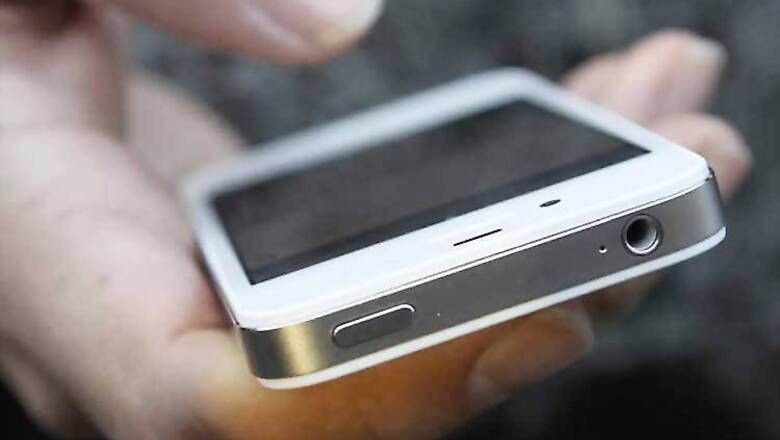
views
Beijing: At 22, Cheung is already a veteran of China's imitation game. A month ago, she was peddling the latest iPhones and accessories in one of several copycat Apple Inc stores along a street of gadget outlets in the southern city of Shenzhen.
She still works at the same store but the counterfeit Apple uniform has gone, and the handsets she now touts are made by local Chinese firm Huawei.
The number of fake Apple stores along the busy street has dwindled by about a third from more than 30 as recently as September when Reuters reporters last visited the area, some replaced by unauthorised stores selling locally-branded phones from Huawei, Xiaomi, Meizu and Oppo.
While China remains a crucial growth driver for Apple, the anecdotal evidence from Shenzhen illustrates the economic headwinds the US firm faces in a market that CEO Tim Cook has said will one day be its biggest.
Apple's China sales grew 84 per cent in the year through September. But, with China's economy growing at its slowest pace in a quarter of a century last year, there are concerns that consumers are tightening their purse strings.
To be sure, copycat outlets represent just a small fraction of Apple's sales in China, where it also sells handsets through mobile carriers and its own official stores. But they can be a useful gauge of demand. And the frequency at which these tech shops switch brand loyalty also reflects how fickle Chinese buyers can be, and underscores how fierce competition is in the world's largest smartphone market.
Apple is expected to report later on Tuesday that its global iPhone sales rose by just above 1 percent in October-December, its slowest growth and far from the double-digit growth investors have come to expect.
"It's not as cool as before to have an iPhone," said Cai, a 23-year-old assistant at one of the remaining copycat Apple stores.
She said sales had about halved from October levels - when the iPhone 6s and 6s Plus debuted in China - adding the iPhone had become a "street cellphone", using a Chinese term to describe something that's widely available and popular, but lacking in novelty value. "Using an iPhone is hardly something you can show off to people now," she said.
It was unclear if the decline in the number of fake stores might be the result of any pressure by Apple to clamp down on counterfeiting of its brand. Apple China did not immediately respond to requests for comment.
NATIONAL PRIDE
While some Shenzhen shoppers praised the user-friendly iPhone for its security and design features, others said they preferred cheaper devices that use Google's Android software.
"I don't care about the brand, but it must be on the Android system," said designer Wang Li, 26. "My last mobile was an iPhone. The system is stable, but I don't like it that all the apps have to be downloaded from the App Store."
Yang Qingbao, a 31-year-old investment bank manager, said "I think the iPhone has a higher brand value, but it's hard to say its performance is better than Huawei."
For others, national pride is a factor.
"I support Chinese brands," said Li Hongxuan, a 33-year-old translator. "Huawei is cost-effective, though it may not be as good as the iPhone. Its functions are enough for me."
CK Lu, a Taiwan-based principal analyst for industry research firm Gartner, said Apple retains its premium image in China, though competition is intense.
"The threat, or the risk, is first if Samsung can regain its premium image in China with the S7 coming out this year, and secondly, if Chinese brands can improve their brand image to challenge Apple," Lu said.










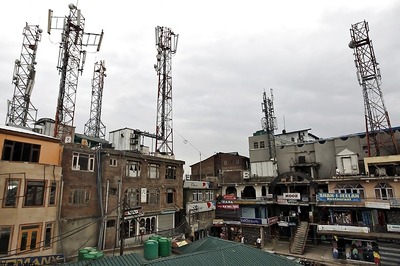

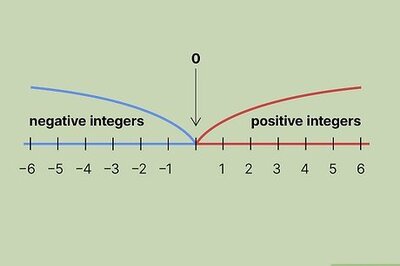

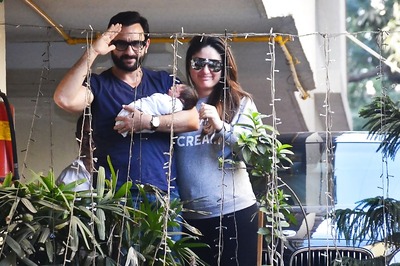

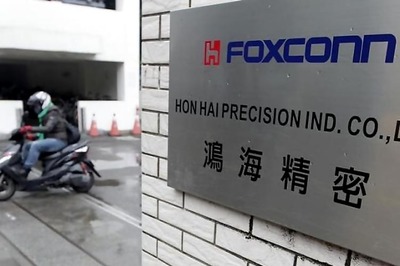

Comments
0 comment